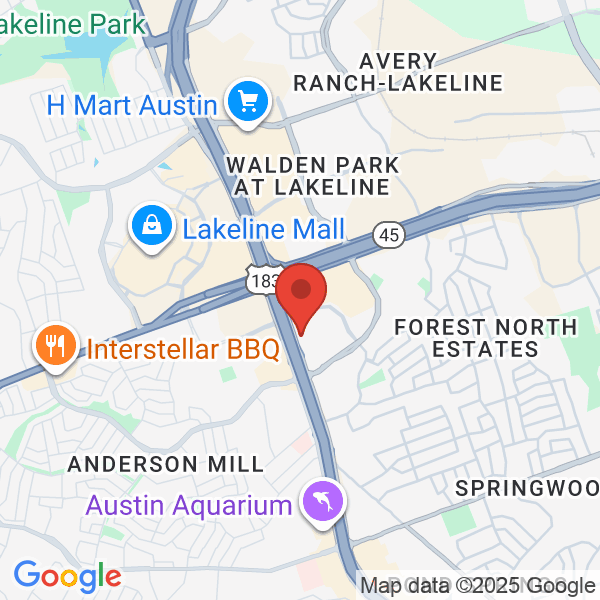Options for Treating Cavities and Serious Tooth Decay
By Randal Watson, DDS on November 30, 2016
 If you suffer from a serious toothache, it could be the sign of a dental problem. Sometimes it means a bad cavity, and other times it might mean an infection of your tooth. Whatever the case may be, there are many safe, state-of-the-art restorative dentistry treatments we can use to improve your dental health at our Austin practice.
If you suffer from a serious toothache, it could be the sign of a dental problem. Sometimes it means a bad cavity, and other times it might mean an infection of your tooth. Whatever the case may be, there are many safe, state-of-the-art restorative dentistry treatments we can use to improve your dental health at our Austin practice.
Given how common cavities are, we wanted to go over the basics of tooth decay and discuss some of the most common treatment options available.
About Cavities
Cavities refer to damage done to your tooth structure as a result of the oral bacteria that naturally occurs in your mouth. This oral bacteria likes to feed on food particles. In the process, it creates an acidic substance that damages the tooth enamel and overall structure of a tooth. The bacteria mixes with saliva to create this sticky bioflim known as plaque, which allows the bacteria to remain on a tooth's surface and continue to feed on food particles.
As cavities progress, a tooth's overall structure becomes compromised. This can lead to pain, discomfort, and a greater likelihood of a tooth fracturing from normal wear and tear. Dental restorations help rebuild that damaged tooth structure.
Dental Fillings
A filling is one of the most common kinds of dental restorations that is used. It can help address small cavities and minor amounts of tooth decay, restoring tooth structure in the process. Like the other restorations you will read about below, fillings come in metal and tooth-colored forms. The ideal type of restoration material will depend on the tooth that's been affected and other factors.
Inlays and Onlays
Inlays and onlays function like larger dental fillings. They are used when a traditional filling is not sufficient for restoration needs. Inlays and onlays are able to replace the entire biting surface (cusp) of a tooth if needed.
Dental Crowns
Dental crowns are a last-resort restoration, used when inlays and onlays cannot possibly rebuild the missing tooth structure. A crown is a cap that fits over the remaining structure of a tooth. With a dental crown in place, a patient is able to bite and chew again without experiencing serious pain or discomfort.
Root Canal Therapy
Inside of every tooth is a bundle of soft tissue known as dental pulp. The dental pulp is comprised of nerves, blood vessels, and connective tissue, all of which were essential for the initial formation of a tooth. When tooth decay is severe and results in the infection of the dental pulp, a person experiences extreme pain and discomfort. This is a root canal infection. Left untreated, the infection of the dental pulp can spread to other parts of the mouth.
In order to save the tooth, root canal therapy is performed. During root canal therapy, the diseased dental pulp is removed and the hollow chamber of the tooth is sterilized and filled. A cap is placed over the tooth to restore strength and proper function.
What Happens When a Tooth Cannot Be Restored?
If a tooth is too decayed to be saved, the only viable option is extraction. Thankfully there are many options available to replace a missing tooth. We can discuss these matters in greater detail during a consultation at our practice.
Learn More About Your Dental Care Options
For more information about treating tooth decay and other common dental health problems, be sure to contact our cosmetic and restorative dentistry practice today. Our team will work closely with you to improve your dental health and overall wellness.
Related to This
MessageOur Staff
Reach out today to set up an appointment with Dr. Randal Watson and his experienced team.
“We strive to make every experience a positive one.” Randal Watson, DDS, PA


